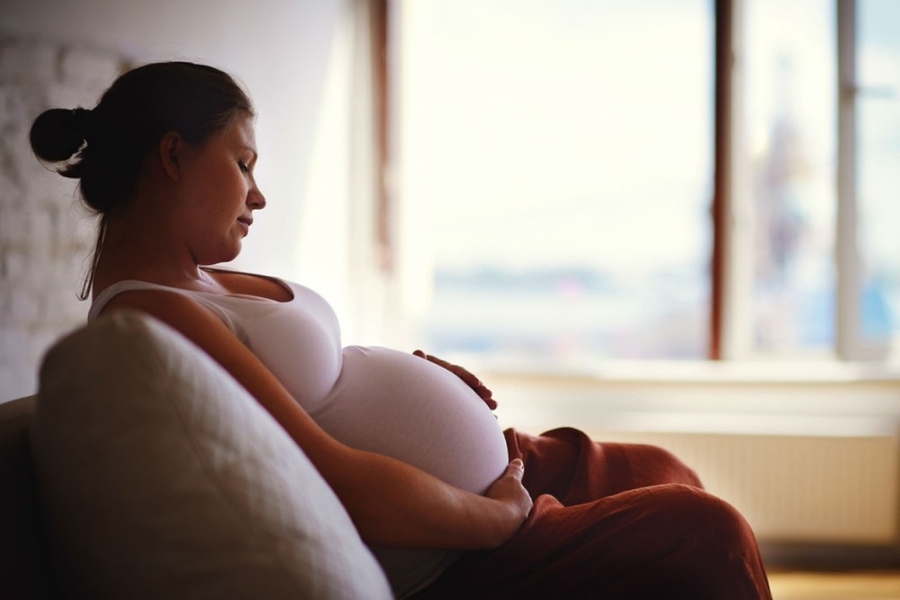
Signs Of Prenatal Depression
30 Jul 2018 | 3 min Read
Babychakra
Author | 1369 Articles
Pregnancy is definitely like a rollercoaster ride. Along with the glowing pregnancy skin and dense locks of hair, you may have to endure typical pregnancy symptoms like heartburn, nausea, vomiting, sudden mood swings, and sometimes even prenatal depression. These symptoms are natural as your body is adjusting to the new changes in your body, the raging hormonal levels and the fetus inside your uterus.
While there is a lot that has been said about postpartum depression, very few talk about signs to determine prenatal depression. The good news, however, is that it can be managed and treated if found early.
Possible Triggers for Prenatal Depression
Apart from the rising hormonal levels, here are some factors that can act as a catalyst for depression during pregnancy:
• Unwanted stress or relationship issues.
• Physical or mental abuse.
• Previous history of depression.
• IVF treatments and medications.
• Anxiety due to a previous miscarriage.
• Pregnancy complications.
Signs of Prenatal Depression
While most often your mood swings and anxiety might be classic symptoms of the hormonal surge, this may not always be the case. If you feel low often and the feeling doesn’t seem to go off after a while, you definitely need a medical consultation.
Here are some signs of prenatal depression that you need to look out for:
Overwhelming Feeling of Anxiety
It is definitely normal to feel a bit anxious about the wellbeing of your unborn baby. However, if you find yourself overly anxious and jumpy for longer durations of time and for no particular reason, then it might be a sign that you are suffering from prenatal depression.
Extreme and Sudden Mood Swings
Your rising hormonal levels during pregnancy can surely be blamed for you feeling occasionally grumpy or irritated. However, you could be suffering from depression if that feeling is constant and you are unable to stop crying even for very petty reasons.
Negative Thoughts or Lack of Attachment to your Baby
Pregnancy is a joyous thing and most expecting mothers are filled with happy thoughts about their unborn baby. But if you find yourself having negative thoughts about you or your baby and have sudden urges to harm yourself or the unborn baby, you should get medical consultation immediately as you might be suffering from prenatal depression. Most often, these feelings of doom and detachment tend to fade away as motherhood approaches or when you deliver your baby.
Lack of Interest and Constant Fatigue
One of the most usual sign of depression during pregnancy is a sudden drop in interest in almost everything. Whatever excited you in the past might not seem significant or interesting anymore. This may also be coupled with a feeling of extreme fatigue and loss of appetite.
An Afterthought
While prenatal depression can be detected and managed easily, it is only possible if you reach out for and seek help. Make sure that you are surrounded by nice people who care for you and make you happy during pregnancy. This will help you stay focused on your unborn baby and would also help you improve your mood. Get a lot of rest and listen to music every day. Adequate exercise, fresh air, and a balanced diet will also help you manage depression effectively.
Also read: Is There Reason To Stress Over A Fetal Non-Stress Test?
A


Related Topics for you
Suggestions offered by doctors on BabyChakra are of advisory nature i.e., for educational and informational purposes only. Content posted on, created for, or compiled by BabyChakra is not intended or designed to replace your doctor's independent judgment about any symptom, condition, or the appropriateness or risks of a procedure or treatment for a given person.
